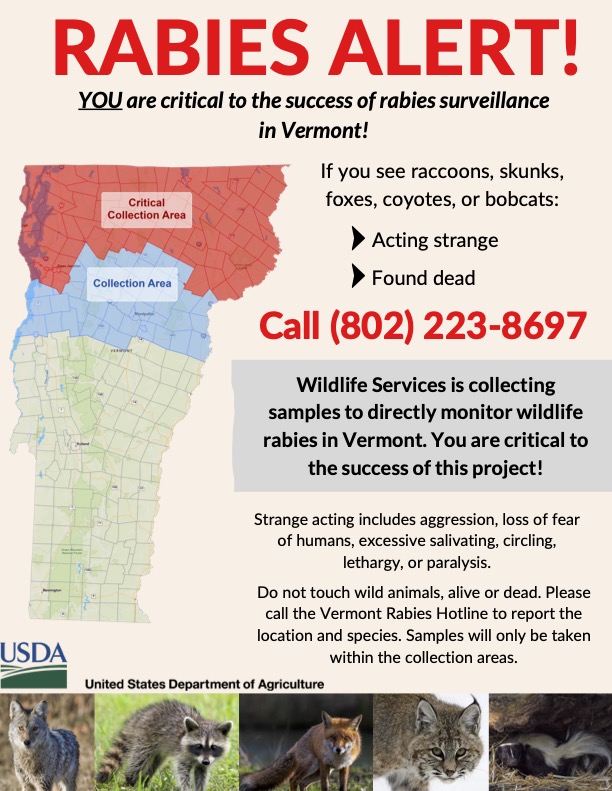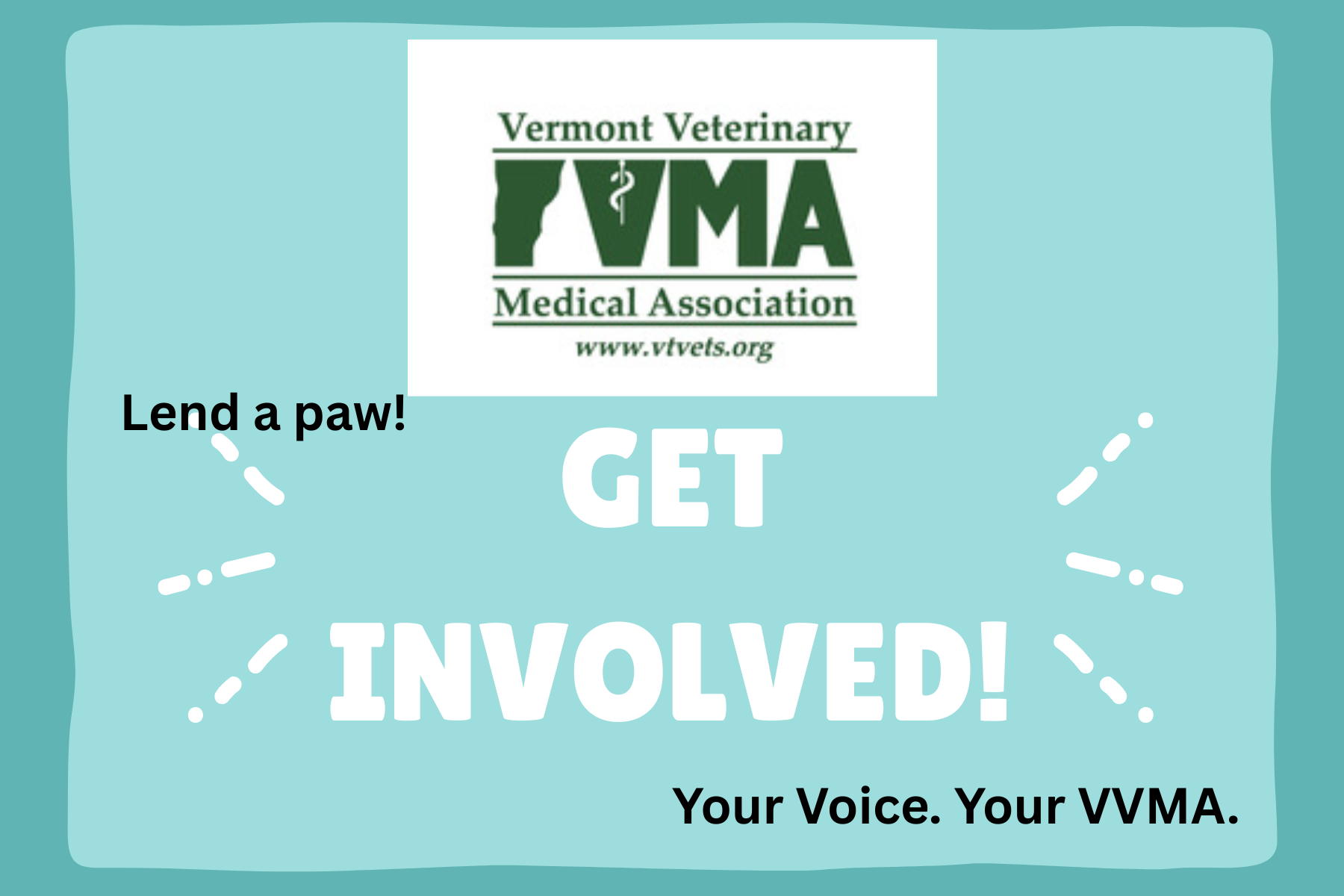Boehringer Ingelheim has initiated a voluntary recall of IMRAB® 3TF, 1 mL, Serial 18665 after a limited number of vials in this lot were found to contain sterile water instead of vaccine.
Boehringer is recommending revaccination for any dog, cat, or ferret that received a vaccine from this serial to avoid gaps in protection, maintain compliance with local rabies regulations, and protect public health. A second dose of rabies vaccination does not pose a health risk for the pet beyond the typical considerations associated with any vaccination.
Boehringer is directly contacting clinics that received vaccine from this lot to provide replacement vaccine and support revaccination. Veterinarians seeking additional guidance may contact their Boehringer representative or Boehringer's Veterinary Technical Solutions team at 1‑888‑637‑4251.
New Webinar Provides Latest Guidance on New World Screwworm- 1 free CE Credit
New World screwworm: Detect, prevent, and treat presents the latest information from the U.S. Department of Agriculture, Food and Drug Administration, and Centers for Disease Control and Prevention to help promote understanding of New World Screwworm to help veterinarians detect, prevent, and treat infestations. This resource delivers the latest guidance on NWS offers one Continuing Education (CE) credit for participants. Please Click Here to access this FREE webinar
IMPORTANT INFORMATION ABOUT RABIES FROM USDA WILDLIFE SERVICES
In Vermont, USDA works with the Vermont Department of Health, Vermont Fish & Wildlife Department, and the Vermont Agency of Agriculture, Food, & Markets, to distribute oral rabies vaccine (ORV) baits targeting the raccoon rabies virus variant (RRVV) and conducts enhanced rabies surveillance (ERS) in northern Vermont to monitor for expansion of raccoon rabies. Close to 10 million ORV baits have been distributed by USDA in Vermont since 1997 to protect people, pets, livestock, and wildlife from this deadly disease. The continued collection and testing of USDA samples is critical to the ongoing success of the ERS effort to eliminate RRVV from Vermont.
Due to the ongoing expansion of rabies into northern Vermont, please report any dead or strange acting raccoons, skunks, foxes, coyotes, or bobcats to the USDA Vermont Rabies Hotline (1-800-4-RABIES; 800-472-2437), especially from the counties of Grand Isle, Franklin, Lamoille, Orleans, and Essex. Vermont veterinarians are a critical partner for rabies surveillance, since wildlife that can carry rabies may be reported during pet exposure evaluations.
For more information on rabies in Vermont, and for guidance on pet exposures to rabies and animal submissions for rabies testing, please visit: https://www.healthvermont.gov/disease-control/zoonotic-diseases/rabies

Updated Rabies Post-Exposure Prophylaxis Guidance: VDH Health Advisory
Animal rabies cases are rising in Vermont. So far in 2025, 36 animals have tested positive – mainly raccoons, bats, skunks, and foxes. Most cases are in Orleans, Chittenden, and Franklin Counties, but have been reported throughout the state.
Rabies is fatal to humans if medical care is not given before symptoms start, but rabies postexposure prophylaxis (rPEP) is costly, complex, and in limited supply. Please click here for recommended actions when considering post-exposure treatment
The CDC is seeking help in learning more about backyard poultry owners and their flocks in an effort to improve bird flu prevention activities. Please help by spreading the word and distributing the link to this anonymous survey to backyard flock owners
Please go to https://redcap.link/backyardflock to access the survey










